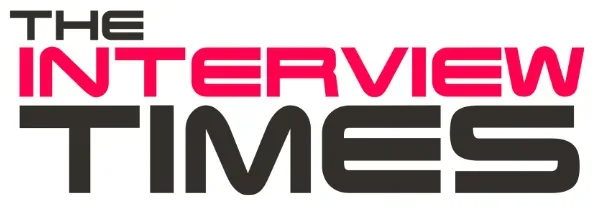The United States launched airstrikes on three Iranian nuclear facilities—Fordow, Natanz, and Isfahan—on June 21, 2025, escalating tensions in the Middle East. President Donald Trump described the operation as a “complete success” on Truth Social, warning Iran that “many targets remain” if it does not pursue peace. Here are the latest verified details on the U.S.-Iran conflict.
U.S. Airstrikes Target Iran’s Nuclear Program
On Friday night, U.S. B-2 stealth bombers deployed “bunker-buster” bombs, including the GBU-57 Massive Ordnance Penetrator, on Iran’s key nuclear sites. Fordow, a fortified underground facility near Qom, was the primary target, alongside uranium enrichment sites in Natanz and Isfahan. Trump claimed the strikes “destroyed” Iran’s nuclear capabilities, asserting Tehran was close to developing a nuclear weapon.
Iran’s state media, IRNA, confirmed an attack on Fordow, stating air defenses in Qom were activated. Tehran claimed nuclear materials were evacuated prior to the strikes, minimizing damage. No independent assessment, including from the International Atomic Energy Agency (IAEA), has verified the extent of destruction, and satellite imagery remains inconclusive.

— Donald J. Trump (@realDonaldTrump) June 21, 2025
Trump’s Warning and Regional Fallout
Trump, speaking alongside Vice President JD Vance and Defense Secretary Pete Hegseth, urged Iran to negotiate, warning of “greater consequences” if it retaliates. His claim that Iran was “weeks away” from a nuclear bomb contradicts a May 2025 U.S. intelligence assessment indicating a longer timeline.
Iran’s Supreme Leader Ayatollah Ali Khamenei vowed a “harsh response,” while Foreign Minister Abbas Araghchi called the strikes “dangerous.” The Houthis in Yemen, Iran’s allies, threatened U.S. ships in the Red Sea, raising concerns about the Strait of Hormuz, a critical oil route. Israel, which has targeted Iranian sites since June 13, praised the U.S. operation, with Prime Minister Benjamin Netanyahu calling it “historic.”
Must Read: Tensions Escalate Around Iran’s Fordow Nuclear Plant Amid Israeli Strikes
Global and Domestic Reactions
The United Nations urged de-escalation, and Saudi Arabia condemned the strikes, supporting Iran’s nuclear rights. Posts on X reflect divided opinions, with some backing Trump’s actions and others fearing war. In the U.S., House Speaker Mike Johnson endorsed the strikes, but Representatives Thomas Massie and Ro Khanna criticized the lack of Congressional approval. The Center for Internet Security warned of potential Iranian cyberattacks.
What’s Next for U.S.-Iran Tensions
Iran’s response—whether through direct attacks, proxies, or economic disruption—could shape the conflict’s trajectory. Trump expressed hope for diplomacy but signaled readiness for further strikes. The risk of a broader Middle East war looms, with implications for global oil markets and regional stability.
The Interview Times will provide updates as new information emerges.

